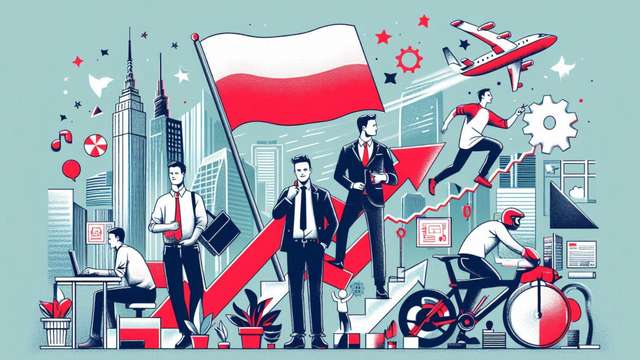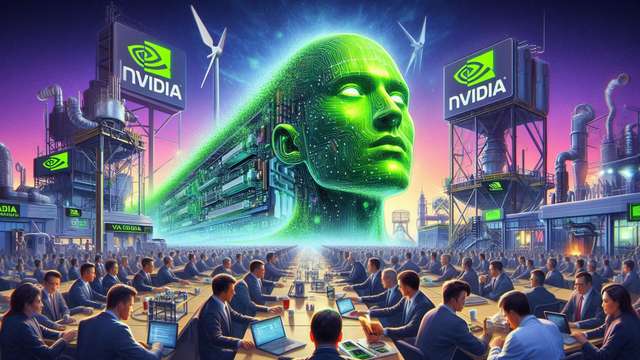
As the race to lead in technological advancements heats up, nations around the world are positioning themselves to grab a piece of the lucrative semiconductor market. The Czech Republic is one such contender, keen to seize the opportunity and establish itself as a technological force to be reckoned with.
Table of content
The Czech government has been strengthening its ties with Taiwan, a global leader in semiconductor manufacturing, with the goal of creating a specialised cluster that could propel the country into the top tier of Europe’s tech giants.
Words hold power
A significant development for the Czech Republic came when Joseph Wu, Taiwan's National Security Council Secretary-General, announced plans to accelerate efforts towards creating a European semiconductor supply chain. Wu made this crucial statement at the GLOBSEC forum in Prague, marking a milestone in the country's growing importance on the world stage.
In today’s world, where technological advancements are reshaping geopolitics, Wu’s statement carries substantial weight. Securing a position within the semiconductor supply chain not only strengthens a nation’s economic standing but also enhances its geopolitical clout. Prague clearly recognises this, making strategic moves to lure major players in the tech industry.
Taiwan Semiconductor Manufacturing Company (TSMC), one of the global leaders in this field, has already started building a cutting-edge silicon wafer factory in Dresden, Germany. This expansion highlights Europe’s increasing significance in the semiconductor industry, and the Czech Republic is well-positioned to play a vital role in this evolving landscape.
A strategic bet on Taiwan
Due to its location and ambitious technological plans, the Czech Republic is poised to become a key player in this process. Wu emphasised that cooperation with TSMC could turn the Czech Republic into one of Europe’s major technology hubs within the next three to five years.
So, how are the Czechs responding? Markéta Pekarová Adamová, Speaker of the Chamber of Deputies, has confirmed her country’s willingness to offer tax incentives to support Taiwanese investment. The Czech Republic views Taiwan as a critical partner in Asia, highlighting the importance of this alliance not only economically but also in terms of international relations.
Moreover, the Czech-Taiwanese relationship extends beyond economic ties. In March last year, Pekarová Adamová visited Taiwan with a large delegation, resulting in the signing of eleven agreements covering a wide range of sectors, including politics, economics, and culture. Among the notable achievements was a defence deal, under which Taiwan agreed to purchase modern Czech artillery and missile transport vehicles. This visit marked a significant milestone, particularly as relations between the Czech Republic and China continue to deteriorate.
Rumbles from Beijing
Strengthening ties with Taiwan, especially against the backdrop of rising tensions with China, illustrates Prague’s commitment to an independent foreign policy. While such moves, including military cooperation, may provoke fears of economic sanctions from Beijing, the Czech Republic appears determined to pursue its strategy.
It’s worth noting that the Czech Republic isn’t the only country seeing the potential in the semiconductor market. Last June, Intel announced its plans to invest in Poland, building a state-of-the-art Semiconductor Integration and Testing Facility in Miękinia, near Wrocław. The investment, estimated at $4.6 billion, is expected to create 2,000 jobs, with additional employment opportunities in supplier companies.
This development further solidifies the growing role of Central and Eastern Europe in the global semiconductor production chain. Countries like the Czech Republic and Poland are becoming attractive partners for global tech giants such as Intel and TSMC, underscoring the region’s increasing significance in the global tech race. As Christy Pambianchi, Vice President at Intel, observed, Western countries are increasingly aware of the need to diversify semiconductor production away from Asia to ensure economic stability.






